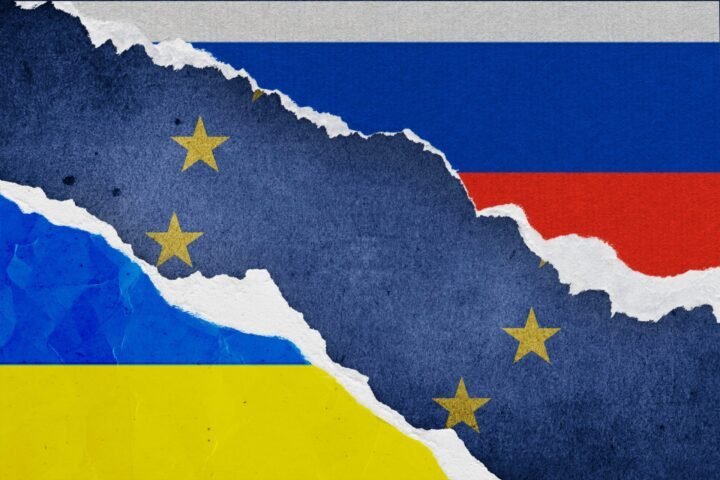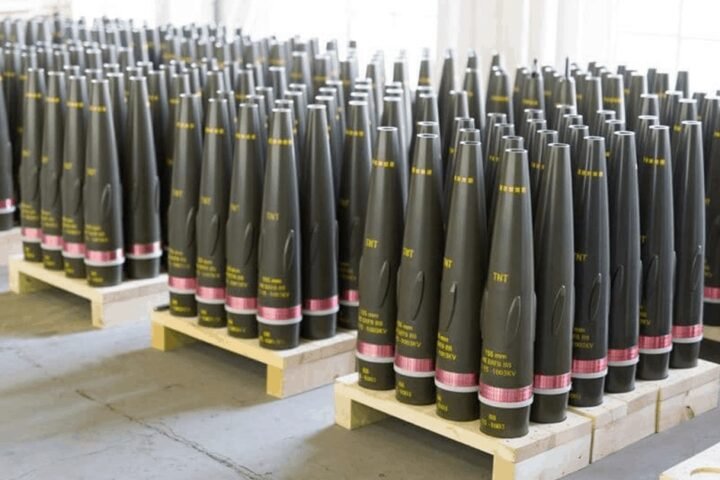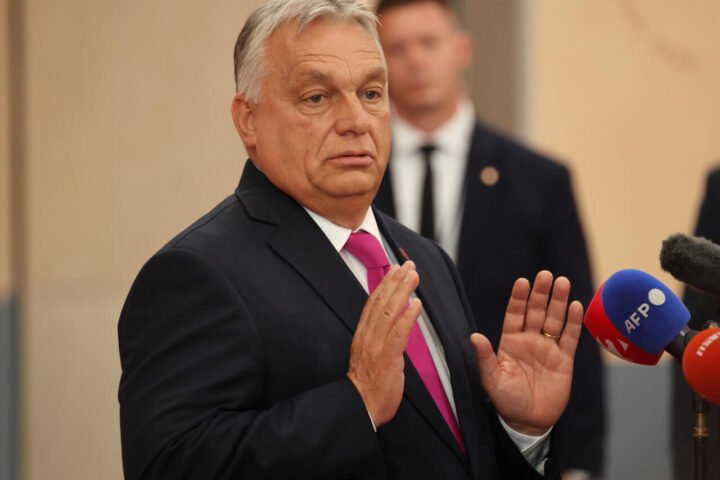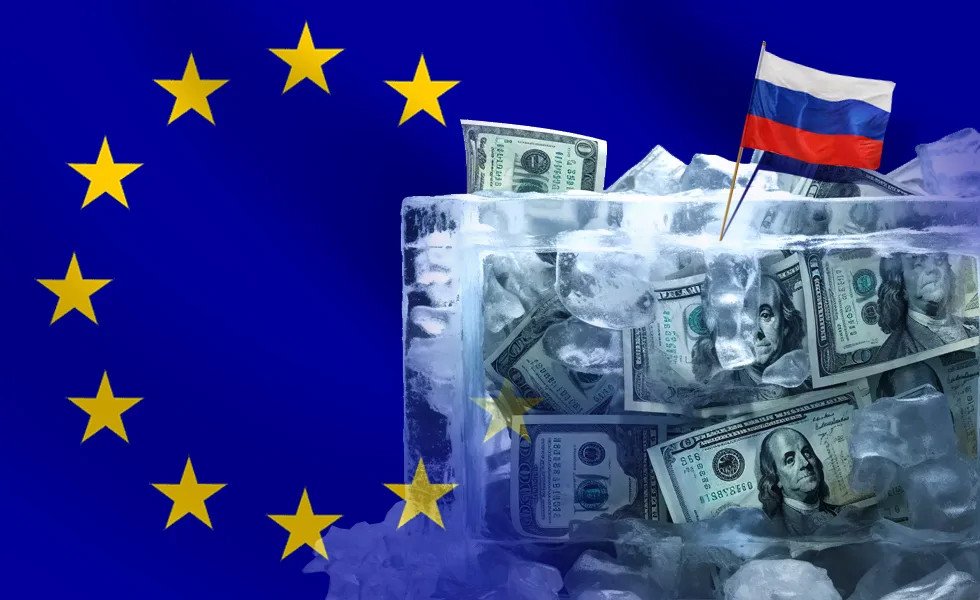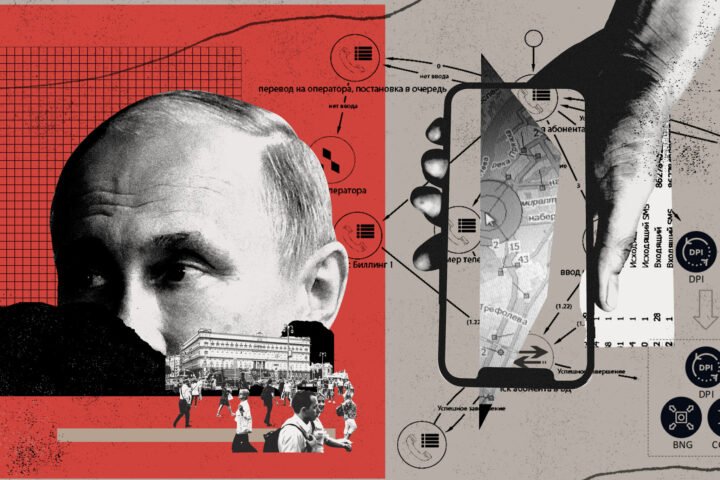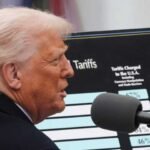Russia has pledged support to China’s ambition of surpassing the United States in nuclear energy, deepening strategic ties between Moscow and Beijing. On September 3, the head of the Russian state nuclear corporation Rosatom, Alexey Likhachev, announced after talks in Beijing that Russia would help China expand its nuclear capacity beyond 100 gigawatts (GW), a target that would put it ahead of the US, which currently has about 97 GW. China’s installed capacity now stands at roughly 53.2 GW. Rosatom has already built four nuclear reactors in China and is constructing four more, highlighting Moscow’s growing role in Beijing’s energy sector.
Expanding nuclear cooperation
The partnership extends beyond construction. Russia is supplying China with enriched uranium, including for the CFR-600 fast reactor, and is expected to significantly increase these deliveries. Moscow and Beijing are also working on next-generation reactors based on a closed nuclear fuel cycle, a technology rooted in Russian expertise. This cooperation positions China to reduce dependence on Western technologies and strengthen its energy security while giving Russia greater political leverage over Beijing through control of nuclear fuel supplies.
Strategic implications for global power balance
Washington has long voiced concern about the rapid pace of China’s nuclear expansion. With Russian backing, China’s growing nuclear potential could shift the balance of power not only in civilian energy but also in military applications, since advanced technologies like fast reactors and closed cycles carry proliferation risks by potentially enabling weapons-grade plutonium production. The United States faces mounting pressure to accelerate its own nuclear infrastructure development while countering the deepening partnership between Moscow and Beijing.
A challenge to US leadership
The timing of Russia’s pledge underscores a broader geopolitical alignment. The announcement followed the Shanghai Cooperation Organisation summit and Russian President Vladimir Putin’s participation in Beijing’s commemoration of the 80th anniversary of Japan’s defeat. The strategic cooperation between two major nuclear powers signals a deliberate challenge to US dominance in global nuclear energy and raises fresh concerns about the future of non-proliferation. Republican lawmakers in Washington had already urged the White House to respond to Russia-China nuclear cooperation three years ago; today, the stakes appear significantly higher.


